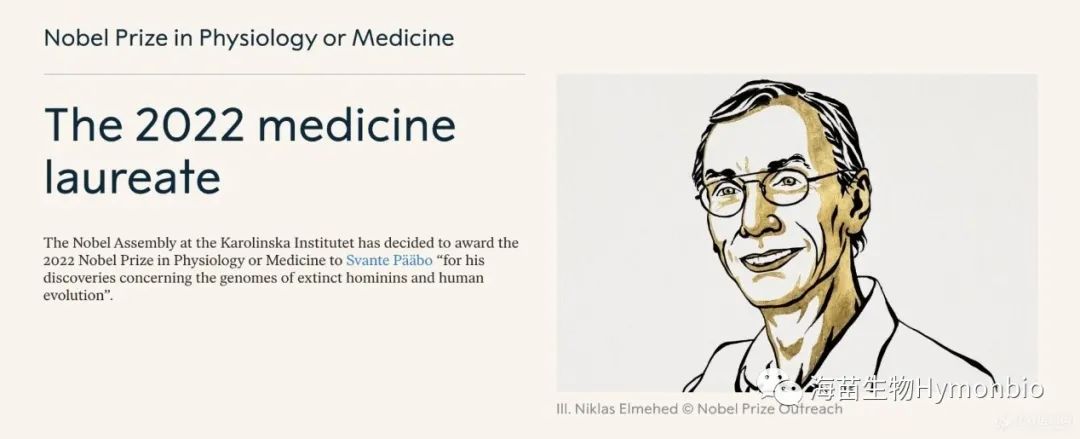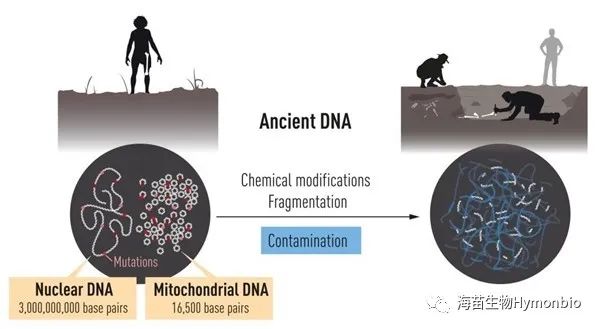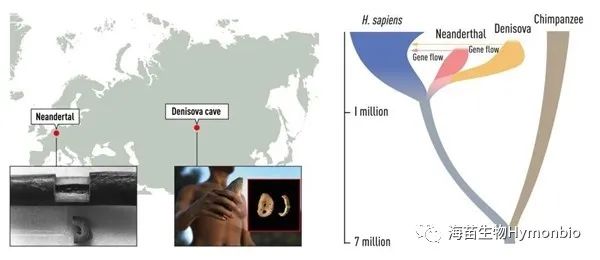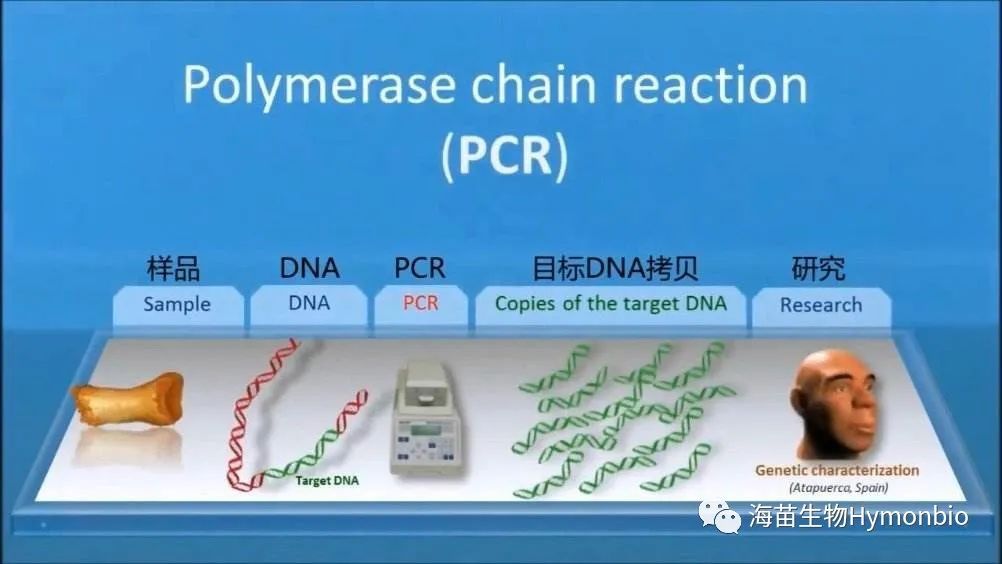The 2022 Nobel Prize in Physiology or Medicine has been announced, honoring scientist Svante Pääbo “for his discoveries in the extinct ancient human genome and human evolution,” in which molecular biology polymerase chain reaction (PCR) plays a key role.
Figure 1 Scientist Svante Pääbo won the 2022 Nobel Prize in Physiology or Medicine
Evolutionary geneticist Svante Pääbo used molecular biology to study prehistoric humans and other paleontology, not only mapping the genome of Neanderthals—a close relative of humans—but also contributing valuable methods and techniques to paleoanthropology, For example, in opening the Ancient DNA Lab he founded a new field: Paleogenetics.
Over time, DNA undergoes chemical changes, and degrades into short fragments. Thousands of years later, only trace amounts remain, and the rest heavily contaminated with bacteria and contemporary human DNA. In 1987, Pääbo did postdoctoral research at the University of California-Berkeley. At that time, using PCR to amplify specific DNA fragments was unorthodox. With help from PCR technology, Pääbo extracted DNA from remaining donkey samples in Wilson’s lab and analyzed them. Resulting sequencing showed similar results to those published in 1985. This means sequencing of ancient DNA can not only be carried out more efficiently, but results can also be verified repeatedly.
Figure 2 DNA is located in two regions in a cell. Nucleic DNA preserves most of the genetic information, while smaller mitochondrial genomes contain thousands of copies. After death, DNA will deteriorate, eventually leaving minute amounts. It can also be contaminated with bacteria and other DNA.
Neanderthal Genome Sequencing
In 1990, Pääbo was engaged in analyzing the DNA mitochondria of Neanderthals. The mitochondrial genome is small and contains only a fraction of genetic information, but it exists as thousands of copies, thereby increasing chances of success. Pääbo successfully sequenced a region of mitochondrial DNA in a 40,000-year-old bone to obtain the sequence of this extinct relative.
Since then, at the Max Planck Institute, Pääbo has steadily refined methods for isolating and analyzing DNA from ancient bone remains, and has hired several key collaborators with expertise in population genetics and advanced sequence analysis. In 2010, Pääbo published the first Neanderthal genome sequence, which showed the most recent common ancestor of Neanderthals and Homo sapiens lived about 800,000 years ago.
Figure 3 Left: A Neanderthal finger bone fragment in Germany; and a finger bone fragment from the Denisovan Cave in southern Siberia. Right: Phylogenetic tree of evolution between Homo sapiens and extinct hominins.
A comparative analysis of Pääbo showed Neanderthal DNA sequences were more similar to those of contemporaries from Europe or Asia, than those from Africa. This means Neanderthals and Homo sapiens interbred over thousands of years of coexistence. In modern humans with European or Asian ancestry, about 1% to 4% of the genome comes from Neanderthals.
Introduction to PCR
Polymerase chain reaction, or PCR, was invented in 1985 by American biochemist Kary Mullis and colleagues. This technique involves in vitro enzymatic amplification of specific DNA fragments. Resulting wide application of PCR technology greatly promoted development of various fields in molecular biology. In 1993, the inventors shared the Nobel Prize in Chemistry.
PCR has an unshakable fundamental position on modern molecular biology analysis and genetics. Together with cloning and DNA sequence analysis, it forms a foundation of almost all of molecular biology. In modern biotechnology, its application areas cover all aspects, including agriculture, medicine, law, food science, etc.
HymonBio is deeply engaged in development and application of PCR technology. The company has a number of patented technologies, providing rapid and efficient genetic testing for clinical practice. Its product line includes early screening for cancer, infectious diseases, and others.
Post time: Oct-12-2022





